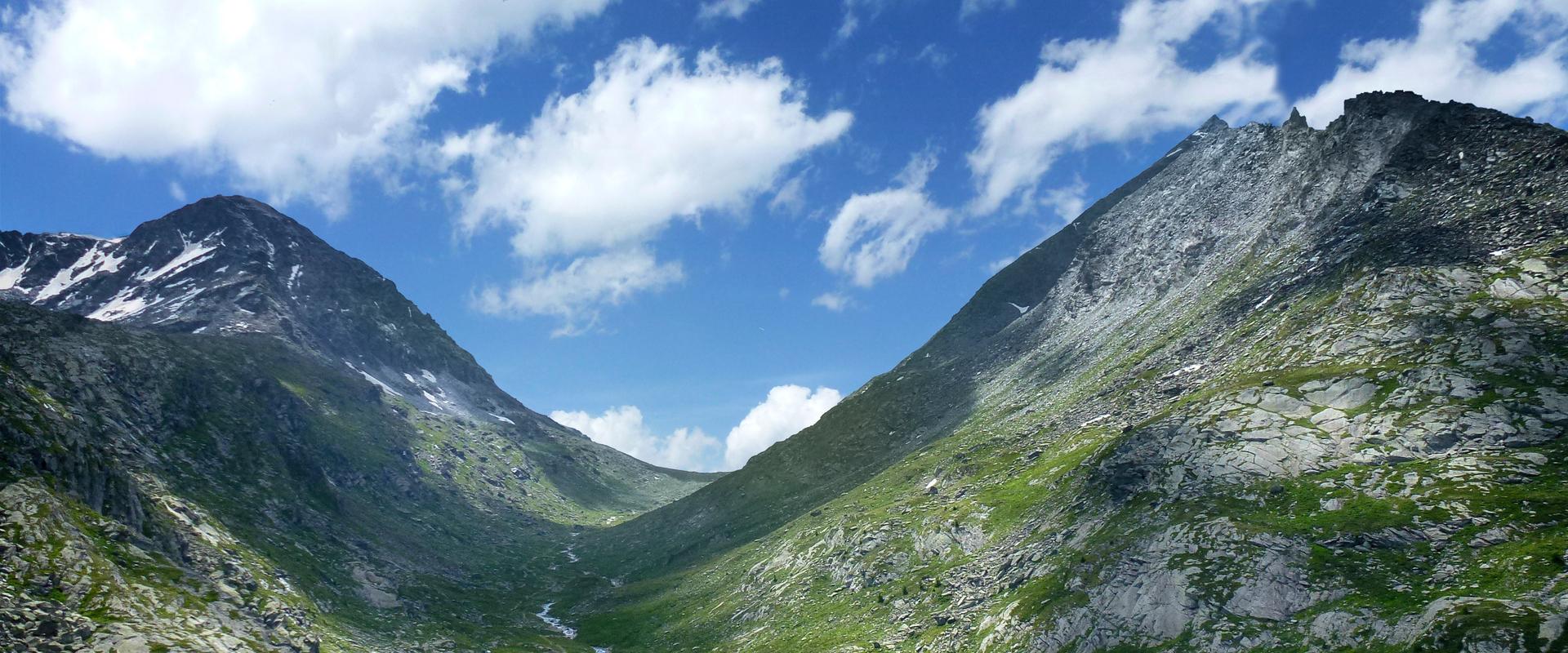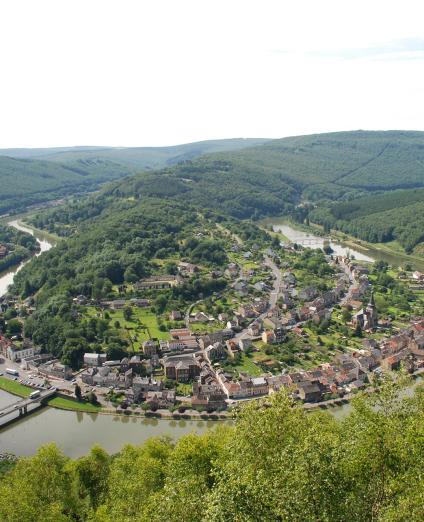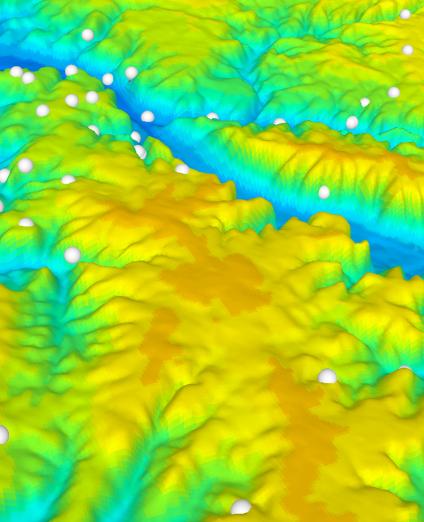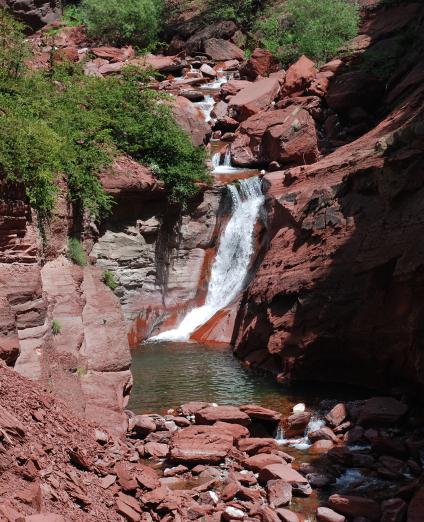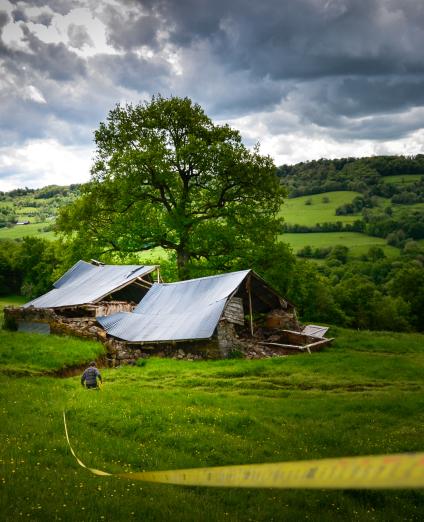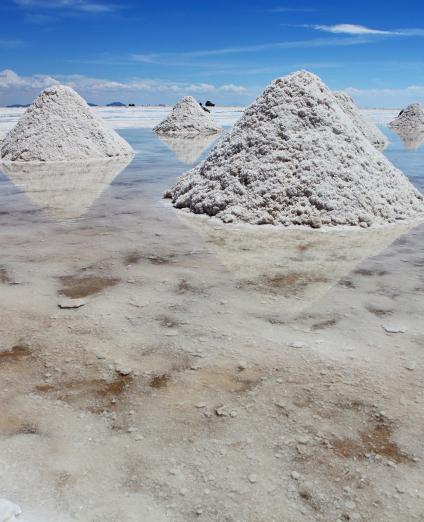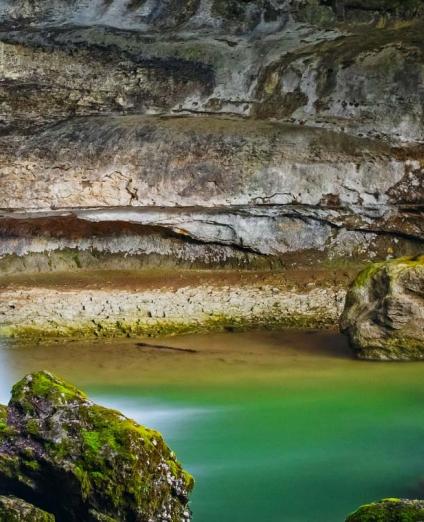As a public institution for research and expert studies, BRGM contributes to the dialogue between science and society in its different fields.
Establishing a dialogue with civil society representatives in the French regions
BRGM's regional representatives organise meetings with representatives of civil society groups to discuss regional environmental questions relating to BRGM's areas of expertise and on which papers and articles have been published.
These meetings provide opportunities for open and constructive discussions. They stimulate exchanges of knowledge - or of knowledge "gaps” - questions from all parties and the expression of their expectations, while observing the ethical principles that guarantee transparency and trust and preserve the independent judgement of all concerned.
Summary of the meeting held on 2 July 2015 in Lyon
Topic on the agenda
Cooperation between BRGM and the FRAPNA and AFPG associations on a mapping project covering minor geothermal risks in the Rhône-Alpes region.
Date and venue
Thursday, 2 July 2015 at BRGM Rhône-Alpes Regional Division in Lyon.
Agenda
- Project Steering Committee.
Participants
2 participants, respectively from the following organisations:
- Rhône-Alpes Federation for the Protection of Nature (FRAPNA);
- French Association of Geothermal Professionals (AFPG).
Participants' expectations and questions, discussions
- Need for communication, including a request for a simplified user guide for map users (the reports are too complex);
- Questions about the occurrence of major Alpine accidents;
- Include natural park areas on the map;
- The negative impact of the permit held by an industrialist for the exploration/exploitation of high-temperature geothermal energy potential in Haute-Savoie complicates the understanding of minor risks in geothermal operations for many FRAPNA representatives.

